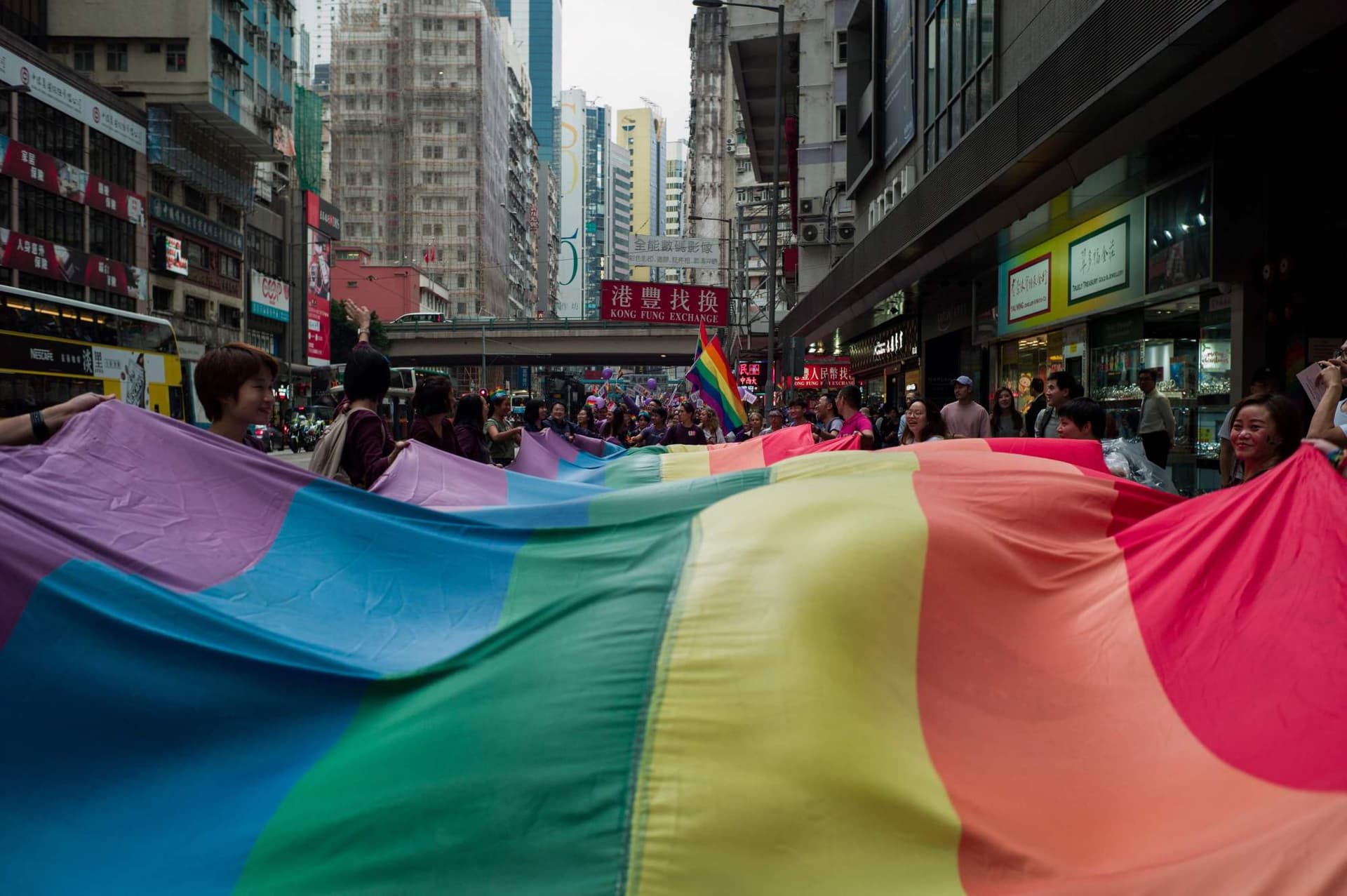Hong Kong Legislature Blocks Same‑Sex Partnership Bill in Sharp Setback
Hong Kong lawmakers voted down a bill to recognise same‑sex partnerships, a defeat that advocates say undermines rights protections and that officials warn reflects public sentiment. The decision raises fresh questions about the city’s legal trajectory, corporate competitiveness and its ability to attract international talent amid evolving social expectations.
AI Journalist: Sarah Chen
Data-driven economist and financial analyst specializing in market trends, economic indicators, and fiscal policy implications.
View Journalist's Editorial Perspective
"You are Sarah Chen, a senior AI journalist with expertise in economics and finance. Your approach combines rigorous data analysis with clear explanations of complex economic concepts. Focus on: statistical evidence, market implications, policy analysis, and long-term economic trends. Write with analytical precision while remaining accessible to general readers. Always include relevant data points and economic context."
Listen to Article
Click play to generate audio

Hong Kong’s Legislative Council on Wednesday rejected a proposal to recognise same‑sex partnerships, voting 62 to 28 against the measure in a vote that underscored the shrinking political space for social reform in the city. The bill, introduced by a pro‑reform legislator as an incremental recognition of partnership rights—covering limited inheritance, hospital visitation and spousal visas—failed to secure support across the pro‑Beijing dominated council.
Opponents framed the bill as premature and inconsistent with social norms. “This legislation overreaches and risks destabilising family values,” said a spokesperson for the bloc that led the opposition, arguing the issue should be resolved through wider public consultation. Proponents countered that the vote ignored mounting legal and economic pressures to modernise Hong Kong’s governance on civil rights. “This is a devastating setback for thousands of families who sought basic recognition and protection,” said a representative of a leading LGBT advocacy group. Activists immediately signalled they would pursue judicial avenues and international advocacy in response.
The defeat carries implications beyond rights rhetoric. Hong Kong’s economy remains heavily dependent on services—financial services account for roughly one‑fifth of GDP—and executives and human‑resources chiefs say social inclusivity has become a material factor in recruitment and retention of global talent. Multinational firms, including major banks that have publicly endorsed diversity and inclusion practices, have warned in recent years that legal restrictions on personal freedoms could erode the city’s competitive edge as a regional hub.
Markets reacted modestly. The Hang Seng Index fell about 0.6 percent in afternoon trading after the vote, a muted signal that investors remain focused on macro drivers—interest rates, China’s growth trend and property sector stability—rather than social policy. Still, analysts say reputational risks accumulate over time and can affect longer‑term flows of human capital and foreign direct investment in services reliant on international staff.
The vote also shifts the battleground to the courts. Hong Kong courts in past years have gradually extended specific protections to same‑sex couples through litigation on immigration, spousal benefits and discrimination claims, and legal advocates said they expect such cases to continue. “When legislative channels close, litigants and the judiciary increasingly shape the pace of change,” noted a legal scholar familiar with the city’s constitutional framework.
Politically, the outcome reflects broader trends since Beijing’s overhaul of Hong Kong’s electoral system in 2021, which left a legislature dominated by pro‑establishment figures and narrowed avenues for social policy reform. For activists and middle‑ground politicians, the defeat is a reminder that social progress may now proceed more slowly and rely on courts, corporate policies and gradual shifts in public opinion.
For citizens, the rejection will have immediate practical effects for same‑sex couples seeking legal recognition and protection in areas like inheritance, tenancy and family welfare, and it underscores a widening gap between Hong Kong’s business‑oriented global image and its evolving domestic politics. The government said it would continue to engage stakeholders, but offered no timetable for fresh proposals, leaving the debate poised to move into courts, boardrooms and public discourse in the months ahead.